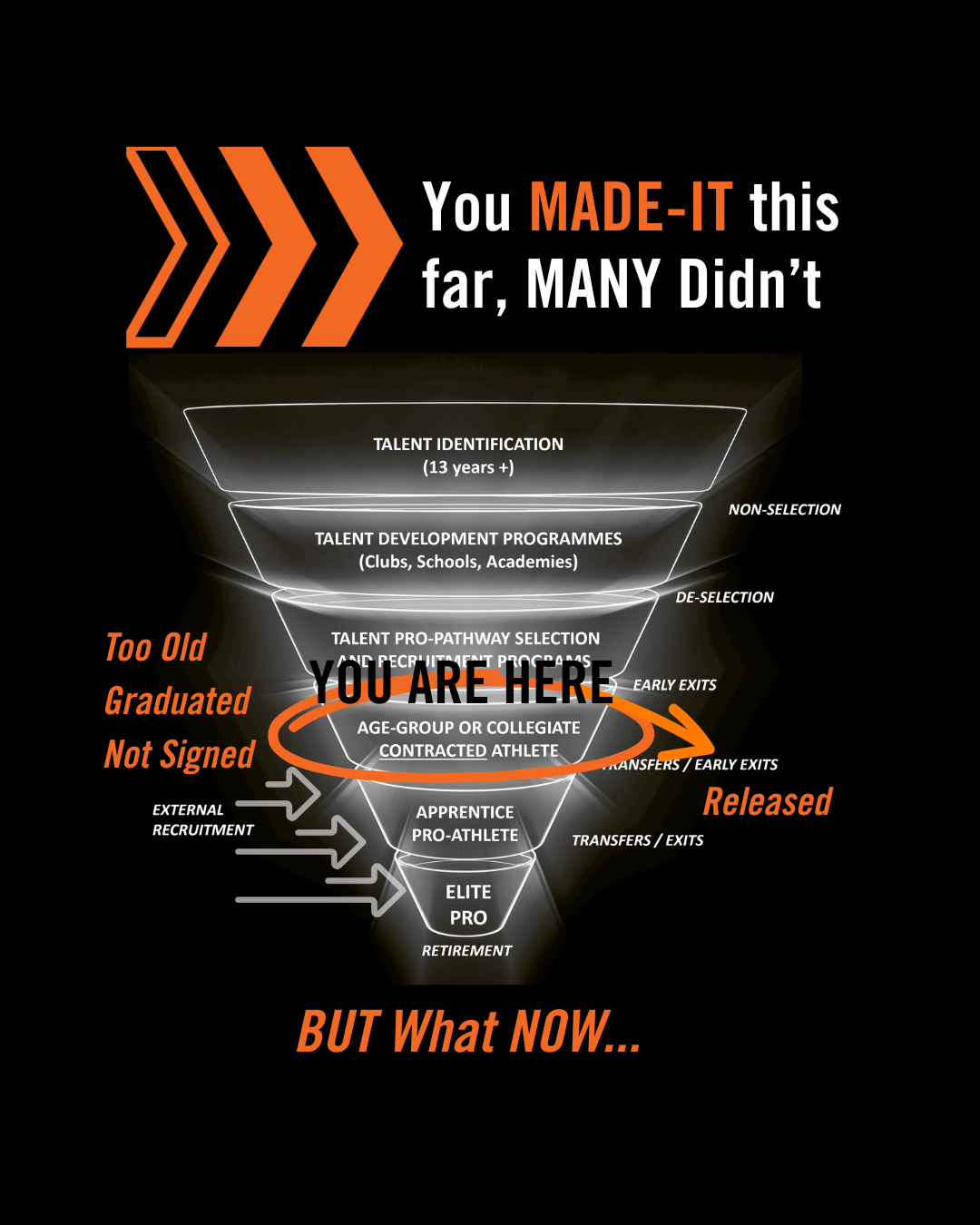Why EVERY Sports Academy should rethink “The END” for Young Athletes - Crystal Palace Leading the Way.
As a specialist in the transition of emerging athletes, I’ve seen first-hand how devastated and often unprepared athletes are for the “exit” moment and the significant psychological challenges that accompany it. For some, such as the Pasifika athletes I work with, this also comes with deeply rooted cultural expectations and a sense of having let their family down.
CRYSTAL PALACE CASE STUDY
When a friend forwarded me a post about Crystal Palace FC’s pioneering three-year aftercare programme for academy players aged 18–23, I felt genuinely uplifted. This approach goes well beyond typical welfare protocols; it positions what true responsibility to released young athletes should look like. The club’s structured, individualised support offers:
emotional and career guidance,
alternative pathway assistance,
community connection,
AND CRITICALLY, a dedicated Player Care Officer who remains a steady point of contact for three years.
My research and professional practice reveal a recurring shortfall in the duty of care for athlete recruits: too often, talent identification is followed by intense demands and inflated expectations, with little regard for balanced development or the realities of transition. Asking adolescents to chase “many rabbits at once” (peak sporting development, academic performance, and transferable skills) is unrealistic and typically fails.
Traditionally, sports academy years are devoted to intense technical and physical performance demands, with the intention of securing a professional contract. Yet only a small percentage achieve this, and those who don’t “make it” are frequently left without a constructive roadmap and/or support for the next phase of their lives. The Crystal Palace model acknowledges the pressure athletes face regarding dual-career expectations and offers timely and meaningful support post-exit when it is needed the most. By doing so, it enables young people (aged 18–23) to redirect their capabilities, skills, and values—organically nurtured during their academy progression—into future relationships and opportunities. Every athlete deserves a respectful departure; they made it this far, and equally, a well-supported new beginning.
Capabilities, Skills, and Values Acquired - There are ALWAYS options
Crystal Palace's programme sets a new standard for best practice in long-term athlete development and aftercare. Importantly, it should also make them, and any club following suit, more attractive to parents who are asked to entrust their children to sporting organisations from a young age. It signals a club that deeply understands, and genuinely cares about, the full spectrum of challenges and growth that adolescent athletes face during one of life’s most formative transitions.
Thank you, Crystal Palace, for leading the way!


